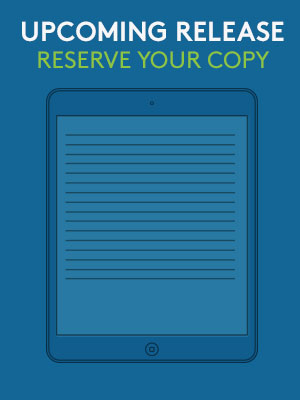The Remote Revolution
ebook ∣ Drones and Modern Statecraft · Cornell Studies in Security Affairs
By Erik Lin-Greenberg

Sign up to save your library
With an OverDrive account, you can save your favorite libraries for at-a-glance information about availability. Find out more about OverDrive accounts.
Find this title in Libby, the library reading app by OverDrive.



Search for a digital library with this title
Title found at these libraries:
| Library Name | Distance |
|---|---|
| Loading... |
In The Remote Revolution Erik Lin-Greenberg shows that drones are rewriting the rules of international security—but not in ways one would expect.
Emerging technologies like drones are often believed to increase the likelihood of crises and war. By lowering the potential risks and human costs of military operations, they encourage decision-makers to deploy military force. Yet as Lin-Greenberg contends, operations involving drones are in fact less likely to evolve into broader, more intense conflicts than similar operations involving traditionally crewed assets. Even as drones increase the frequency of conflict, the decreased costs of their operations reduces the likelihood of conflict escalation.
Leveraging diverse types of evidence from original wargames, survey experiments, and cases of US and Israeli drone operations, Lin-Greenberg explores how drone operations lower risks of escalation. First, they enable states to gather more or better intelligence that may avert or reduce the chances of high-stakes conflict. Second, drone attacks are less likely to affront a target state's honor and therefore less likely to provoke aggressive responses. Lastly, leaders are less likely to take escalatory actions when drones are attacked than they are with incidents involving inhabited assets.
Lin-Greenberg's findings prove conclusively that drones are far less destabilizing than commonly argued. Drones add rungs to the proverbial "escalation ladder" and, in doing so, have brought about a fundamental change—a revolution—in the character of statecraft. With the use of unmanned technologies only set to grow in coming times, The Remote Revolution is critical reading about their possibilities and politics.







